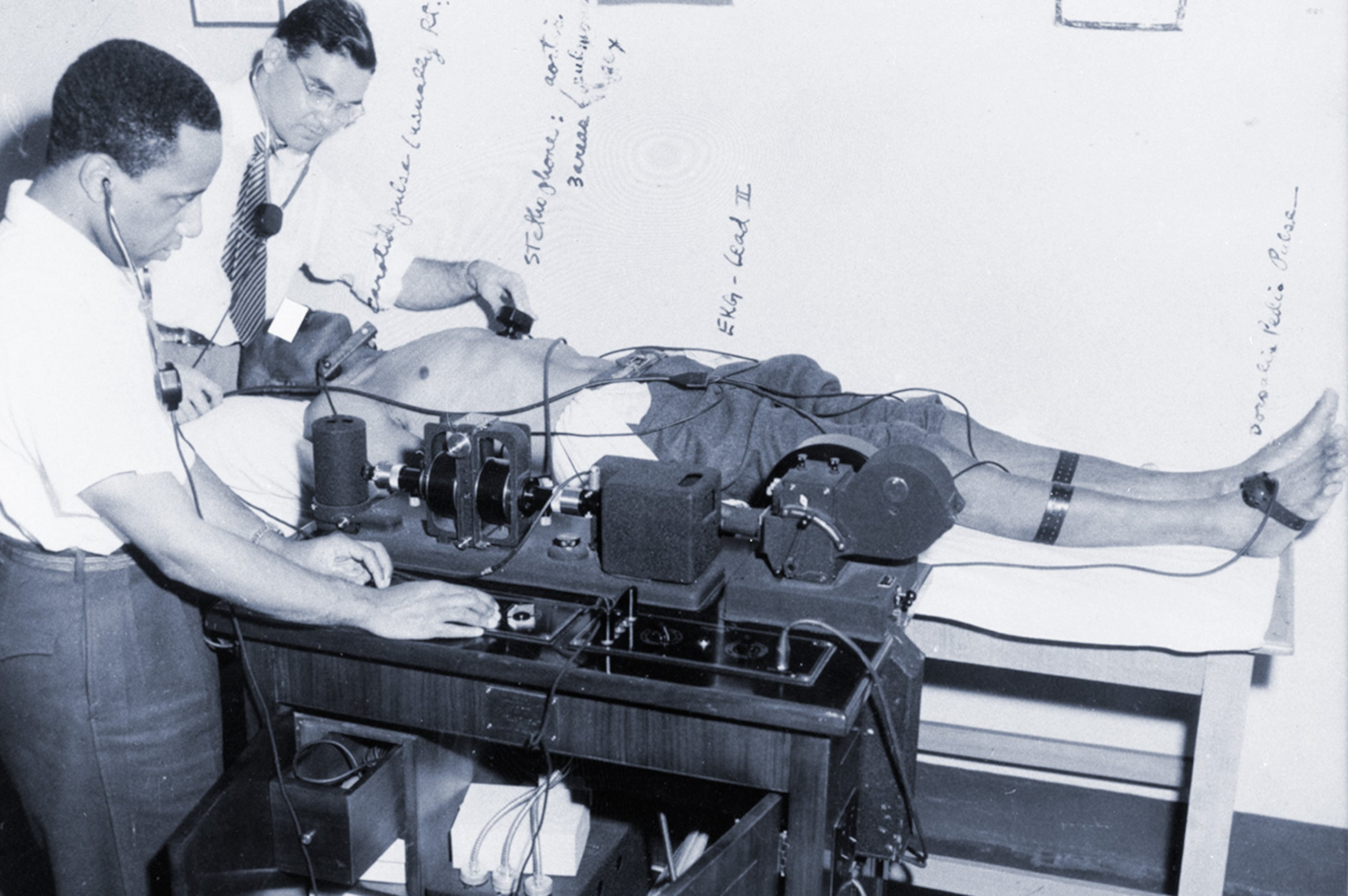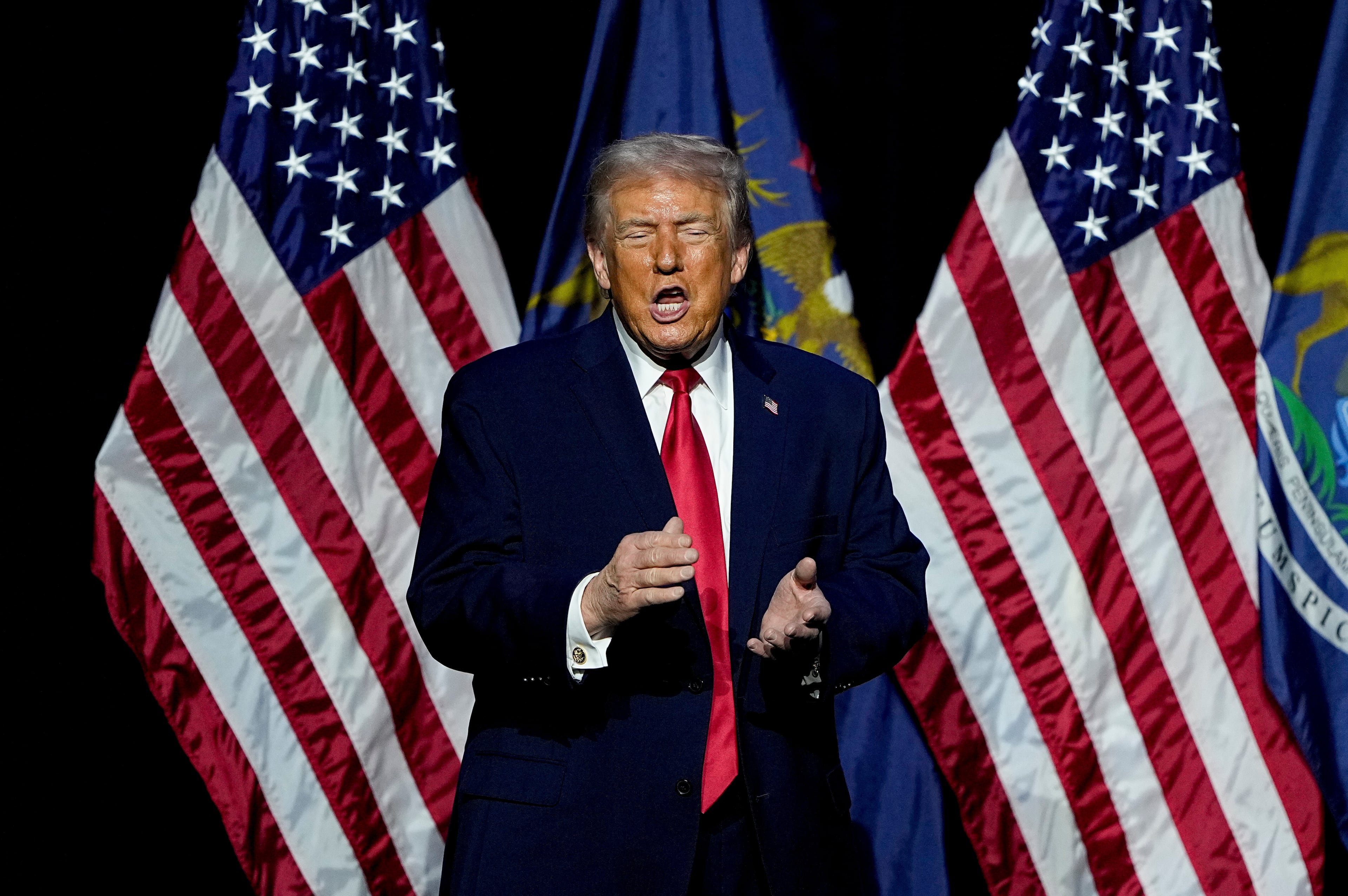Pharmacy benefit manager reform could move us closer to health equity

On the campaign trail, President-elect Donald Trump declared that America needs a health system that will “take care of everybody,” not just those who can “pay for it.”
It’s easy to understand why tens of millions of Americans — of both parties — agree with this basic moral sentiment. Every major faith tradition teaches that we should help “the least of these.”

Turning that promise into reality is easier said than done, of course. But it can be done — and both parties actually agree on one of the best places to start: reining in the power of the pharmacy benefit managers.
PBMs are middlemen in the drug supply chain. In theory, they help insurance companies negotiate bulk discounts and rebates on medicines. But in practice, PBMs have distorted the system to enrich themselves, jacking up drug prices while delivering few tangible benefits to patients.
Today, just three PBMs — CVS Caremark, Express Scripts and OptumRx — control 80% of prescription drug sales in America. This concentration of market power would be concerning enough on its own. But the real problem is in the incentives. PBMs make more money when drug prices are higher, not lower. They negotiate rebates from drug manufacturers, then pocket much of the savings instead of passing them on to patients at the pharmacy counter. The higher the list price, the bigger the rebate, the larger their profit.
The Federal Trade Commission recently took notice of the problem. Its recent lawsuit against these three PBMs for inflating insulin prices reveals the human cost of this broken system. And it’s not hitting all Americans equally. The same communities that have historically faced barriers to health care access — Black, Hispanic and Native Americans — are bearing the brunt of these inflated prices.
The data tells the story. Diabetes, a disease requiring constant medication, is 60% more common in Black adults than in white Americans. Hispanic Americans face a nearly identical increased risk. Native Americans have the highest diabetes rates of any racial group in the country. When insulin becomes unaffordable, these communities suffer first and worst. It’s not surprising that Black Medicare beneficiaries are two times more likely to skip filling prescriptions because of cost.
This is how systemic inequities compound. A broken market mechanism leads to inflated prices, which disproportionately impact communities of color, which leads to worse health outcomes, which creates economic instability through medical debt and lost work days, which makes it even harder to afford medication. The cycle continues, transforming a market failure into a driver of racial health disparities.
We often talk about racism in health care as if it’s primarily about individual bias. But the PBM system shows how neutral-seeming market structures can perpetuate and deepen racial inequities. The system isn’t failing; it’s operating exactly as its incentives dictate. Those incentives just happen to be perfectly aligned against the interests of patients, particularly patients of color.
But change is within reach. Congress is poised to act, with two critical bills on the table that would rein in PBM practices and lower drug costs for Medicare patients.
These proposed reforms target the core issues driving up drug prices. One bill aims to restructure how PBMs make money, removing their incentive to steer patients toward more expensive medications. This would force PBMs to compete based on the value they provide to patients and the health care system, not on how much they can inflate prices.
Another crucial element of these reforms would ensure that the discounts PBMs negotiate actually reach patients. By requiring PBMs to pass along a significant portion of these savings at the pharmacy counter, we can directly reduce out-of-pocket costs for those struggling to afford their medications.
These bills present an opportunity to advance health equity. They would increase transparency, eliminate perverse incentives and ensure savings reach patients. For Americans of color rationing insulin or skipping cancer treatments, these changes could mean the difference between life and death.
The lame-duck session of Congress is our moment. Now that the divisive election is over, PBM reform stands out as a rare bipartisan area of agreement. Both parties recognize the need to lower drug costs. By acting this year, Congress can prove our political system can still deliver for the people.
Of course, critics will claim regulating PBMs could “disrupt” the market. But for communities of color, the market is already broken. We need a health care system that prioritizes patient health over corporate profits.
Kevin B. Kimble is the founder and executive director of the Southern Christian Leadership Global Policy Initiative.


